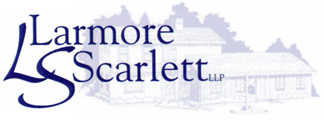Debt is an almost inescapable part of modern life—and many people leave behind significant debts when they die. It usually isn’t long before the bill collectors start to call on surviving family members, hoping to collect.
This is when it helps to know your rights and the law when it comes to debts and the deceased.
— The children of the deceased are not liable for their parent’s debts. A lot of credit card companies will pressure adult children to pay off their parent’s credit cards. Unless you were a joint account holder on a credit card or a co-signer on your parent’s loan, you have no legal obligation to pay the debt.
— Even husbands and wives are not usually responsible for the debts of their deceased spouse, with a few specifics exceptions. If you happen to live in one of the nine community property states, for example, you may be still be liable.
— Being an authorized signer or additional cardholder also does not make your responsible for the debt. For example, if your great aunt made you an authorized signer on her credit cards to make it easier for you to help her manage her bills, that did not transfer the debt into your name.
— When an individual dies, his or her estate is born. The estate becomes responsible for any final debts left behind by deceased. You should refer all bill collectors over to the executor of the estate, and request that they cease contacting you. If any of the bill collectors continue to contact you, put the request in writing. Photocopy it and send the original to the creditor via certified mail.
— If you are the executor of the deceased’s estate, you are not obligated to pay his or her debts out of your personal funds. Do not allow a bill collector intimidate you into paying them.
— If there are secured debts, like a car payment or a mortgage, those debts need to be paid if you wish to avoid having the car or home repossessed. Generally, payments will come out of the estate. If the estate has no funds in it to pay the secured debts, the person who expects to inherit the property should consider paying the monthly bill.
For advice specific to your situation, consider contacting an attorney who can help you administer the estate.
Source: Federal Trade Commission, “Debts and Deceased Relatives,” accessed Dec. 09, 2016

